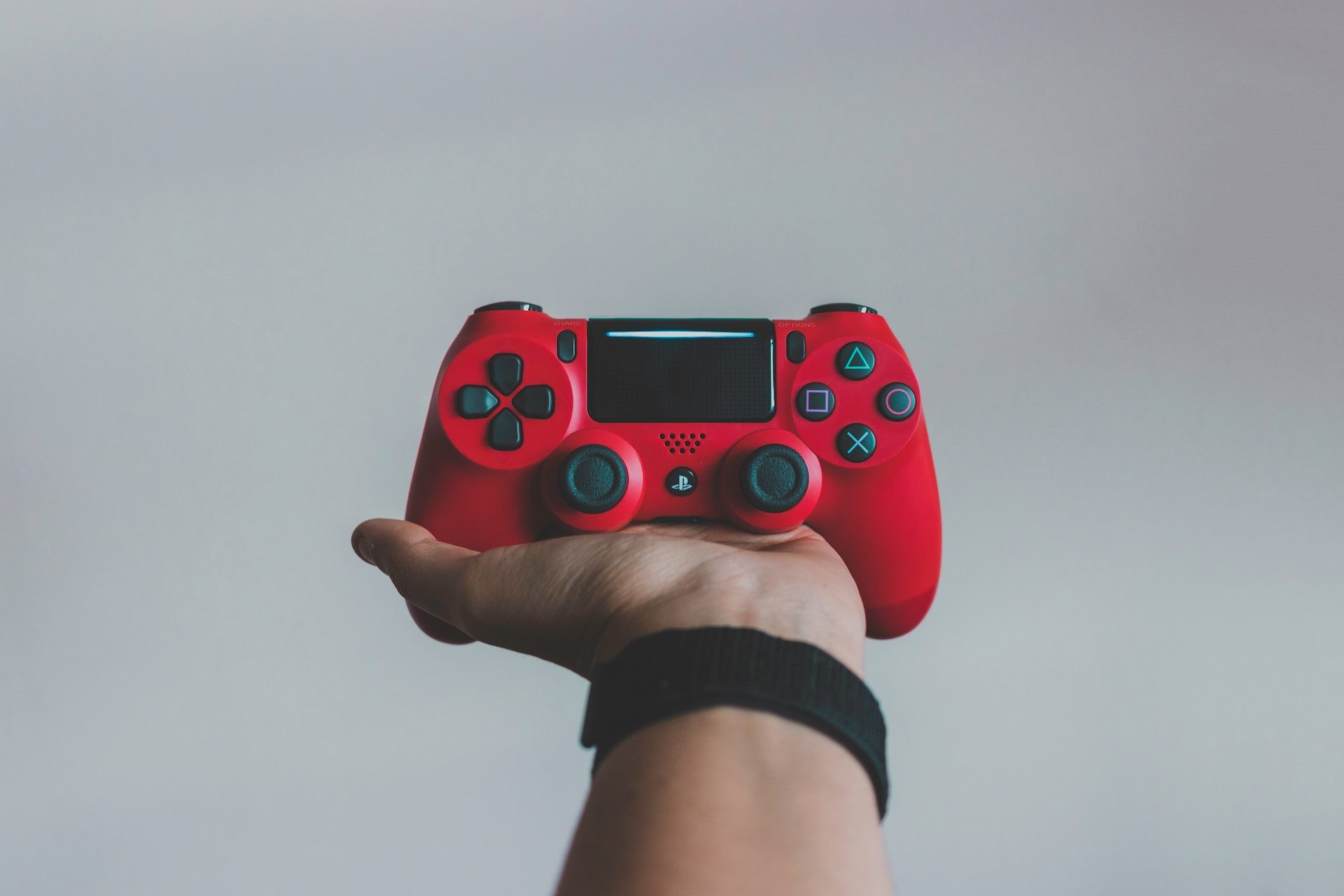The Unseen Benefits of Gaming
Gaming has evolved over the years from a casual hobby to a platform where complex skills can be nurtured. In academic circles and even in professional settings, the value of gaming as a medium for enhancing cognitive skills is slowly gaining recognition. Research studies have shown that regular gaming can significantly improve hand-eye coordination, focus, and multitasking abilities. Yet, one of the most significant, yet often overlooked, merits of gaming is its impact on critical thinking skills. Avid gamers will tell you that it's not all about button-mashing; it's a mental workout that stretches your analytical thinking, planning, and decision-making muscles.
Strategy and Decision-Making
Strategy games like chess or modern video games with multiple plot outcomes challenge your brain to think multiple steps ahead. The strategy isn't just a one-time decision; it’s an evolving plan that needs constant modification based on new information or unexpected turns. Not only do these games require you to formulate an effective strategy, but they also teach you how to make quick decisions based on your analysis. You have to weigh the pros and cons on the fly and make a choice that will benefit you in the game. Just like in real life, where you face decisions that can affect your future, strategy games give you a safe platform to practice these essential skills.
Quick Thinking and Adaptability
In high-pressure situations where time is of the essence, the ability to think critically at lightning speed becomes invaluable. Fast-paced video games or action-packed sports are not just tests of reflexes, but of your ability to adapt and think on your feet. These scenarios mirror real-world situations like emergency response, where rapid decision-making can make all the difference. Through gaming, players learn how to analyze situations quickly, decide on the best course of action, and adapt their strategies as situations evolve. Learning how to stay flexible and adapt your strategies accordingly is a skill that transcends gaming and applies to various facets of life, including professional settings and interpersonal relations.
Moral Dilemmas and Emotional Intelligence
Games are increasingly incorporating storylines that include ethical and moral decisions, making the experience more nuanced and emotionally engaging. These dilemmas challenge players to apply their moral compass in a controlled environment. By forcing players to make decisions that have ethical implications, games can serve as a form of emotional intelligence training. Players learn to navigate complex emotional landscapes, understand the consequences of their actions, and gauge how choices impact interpersonal relationships, both within the game and potentially in the real world. In the broader picture, this helps in developing a well-rounded personality capable of critical thinking not just logically but also emotionally.
Conclusion:
The next time someone disparages gaming as a mindless endeavor, you have more than enough evidence to the contrary. Games, be it strategy-heavy board games or multi-layered video games, can be highly effective tools for improving critical thinking skills. They offer a full spectrum of mental challenges, from problem-solving and strategic planning to moral reasoning and emotional intelligence. These skills are invaluable in everyday life, affecting everything from your career to your personal relationships. So, instead of dismissing games as mere child's play, consider the cognitive and emotional growth they can offer. After all, the line between play and learning is far more blurred than most people think.


